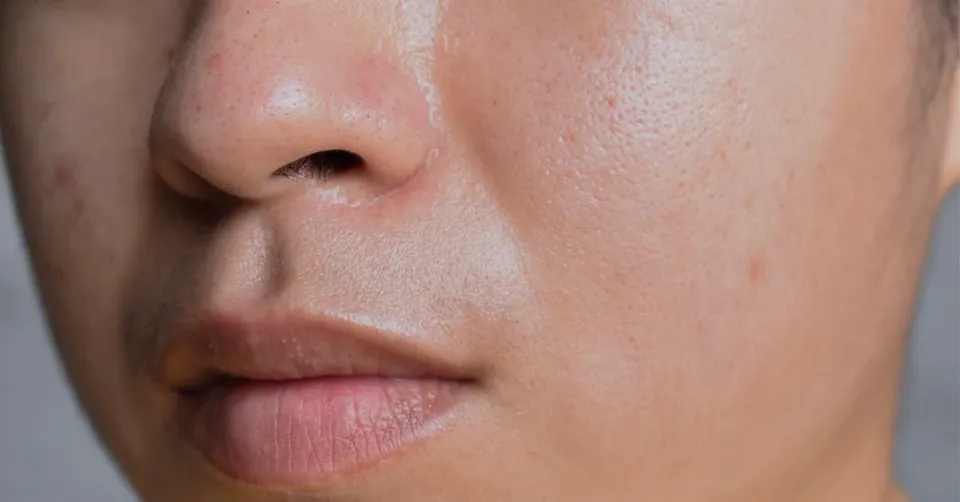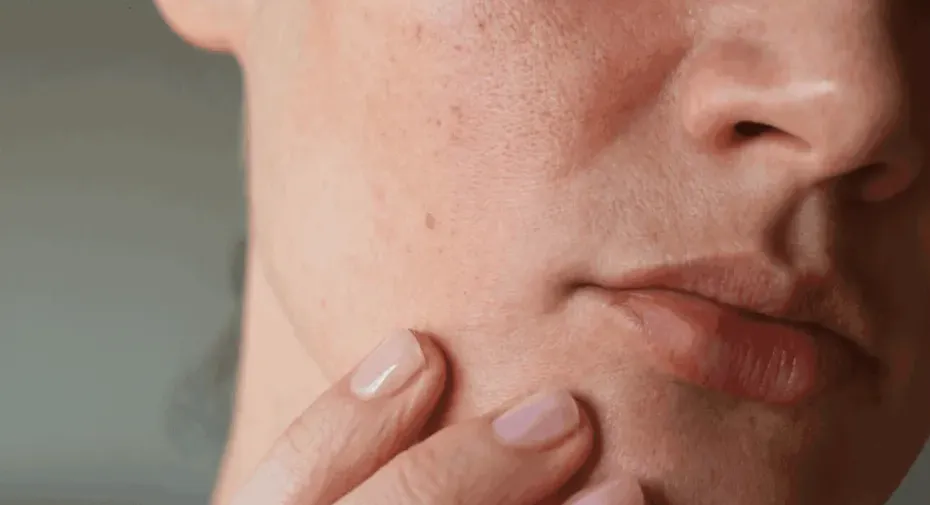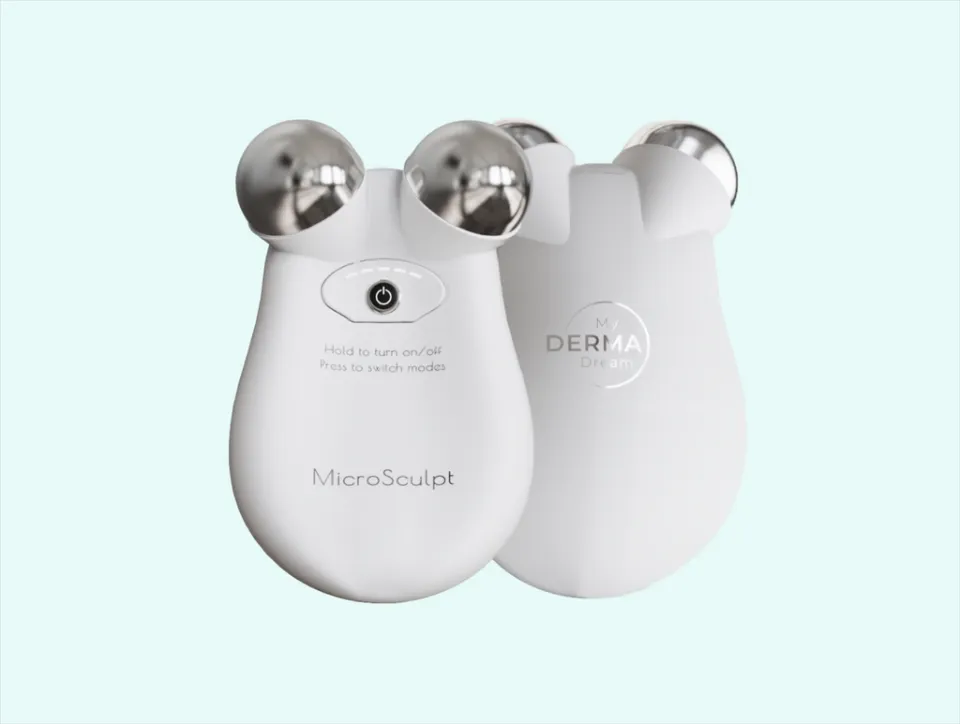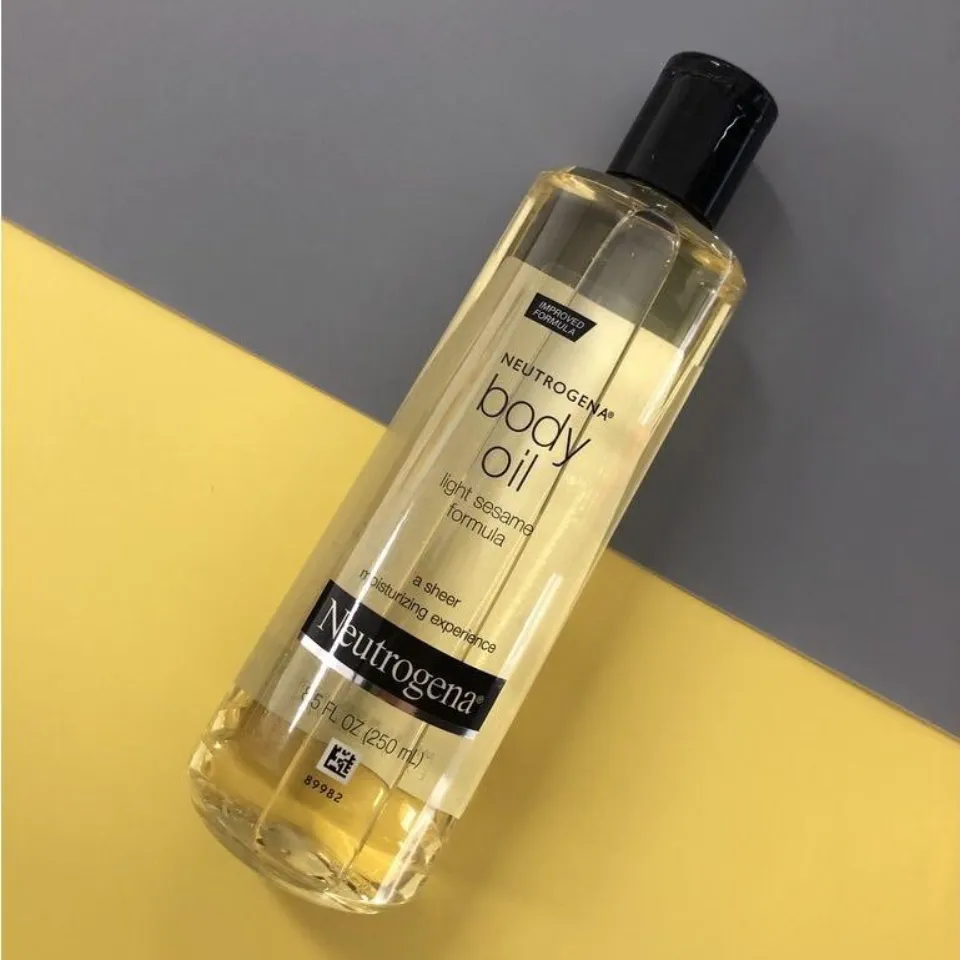If your skin looks shiny all the time and you go through several blotting sheets per day, you probably have oily skin. Have you wondered why is my skin oily?
Sebaceous glands in the skin produce excessive amounts of sebum, which results in oily skin. A variety of factors can contribute to oily skin like your diet, hormones, and stress.
Keep reading and find out the causes of oily skin and how to prevent it.
Why is My Skin Oily?
The causes of oily skin include genetic, environmental, and lifestyle factors.
1. Genetics
In families, oily skin is more common. There’s a good chance that you have overactive sebaceous glands if one of your parents has oily skin.
2. Age
Even though you don’t always outgrow having oily skin, as you get older, your skin does start to produce less sebum. The sebaceous glands slow down and collagen, a protein, is lost in aging skin.
Because of this, aging skin is common in individuals with dry skin. Due to a lack of sebum and collagen, this is also the time when fine lines and wrinkles become more apparent.
One advantage of having oily skin is that you might not age as rapidly as people with dry skin.
Even though you might have oily skin now, as you age, you’ll need to take your skin into consideration. Even those who are in their 30s might not have the same skin type as they did when they were in their teens and 20s.
Every few years, an aesthetician can help you assess your skin type to determine whether you need to modify your skin care regimen.
You Might Also Like: Does Oily Skin Age Better?
3. Where You Live and the Time of Year
While age and genetics are the main contributors to oily skin, location and season can also have an impact.
In hot, humid climates, people frequently have oilier skin. Additionally, compared to the fall or winter, the summer is when you are most likely to have oilier skin.
Because of your oily skin, you might be unable to pick up and leave during times of extreme heat and humidity, but you can change your daily routine.
To remove extra oil throughout the day, keep blotting sheets nearby. Additional aid for absorbing extra oil is a matte moisturizer or foundation.
4. Using the Wrong Skin Care Products
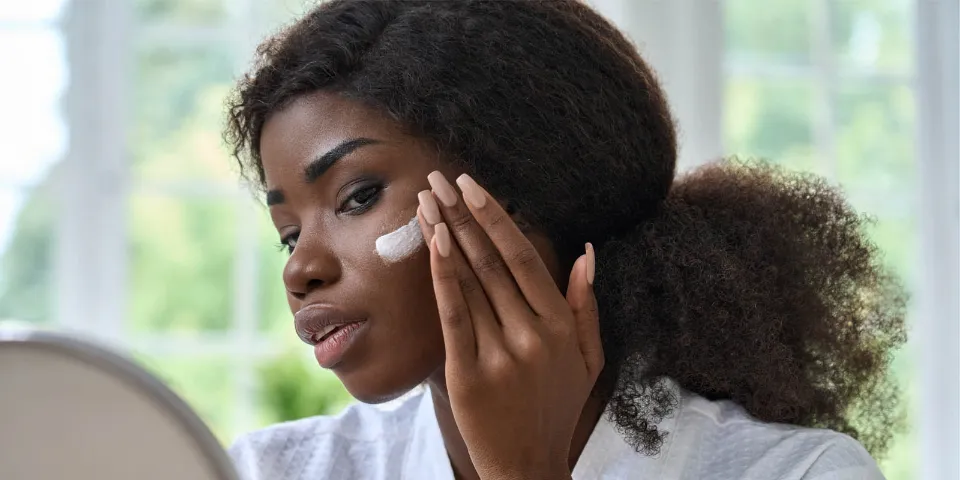
By using skin care products that are not appropriate for your skin type, oily skin can also result. Some people mistake combination skin for oily skin, and they may use overly rich creams as a result.
You may need to adjust your skin care routine for the spring and summer to include lightweight moisturizers and gel-based cleansers if you experience drier skin during the winter.
The amount of oil left on your face can be greatly affected by using the right skin care products.
You Might Also Like: Does Oily Skin Need Moisturizer?
5. Enlarged Pores
Due to aging, weight changes, and previous breakouts, your pores can occasionally enlarge. Furthermore, larger pores typically produce more oil.
Although you can’t make your pores smaller, you can take extra precautions to blot the parts of your face that have enlarged pores throughout the day.
6. Skipping Your Moisturizer
It is untrue that moisturizers make skin oilier. To prevent your skin from drying out, you definitely need a good moisturizer if you’re using acne treatments like salicylic acid or benzoyl peroxide. Any skin type will become dry without a moisturizer.
Finding the right type of moisturizer is therefore crucial rather than skipping it altogether. Moisturizers with a water base that are lightweight are ideal for oily skin. After cleansing and toning, finish by doing this.
7. Overdoing Your Skincare Routine
On the other hand, excessive facial washing or exfoliation can exacerbate oily skin. Given that the goal of washing and exfoliating is to remove oil, this may seem contradictory.
But if you do this too frequently, your skin loses too much of its natural oil. Your sebaceous glands may go into emergency mode as a result and produce more oil to make up for the loss.
To control excess oil, you only need to wash your skin twice per day.
Aside from making your skin more oily, not wearing sunscreen can also make it dry. Make sure to use sunscreen each and every day. Although foundations and moisturizers with sunscreen usually have a lower oil content, you might still need to reapply throughout the day.
Read More: Why is My Hair So Oily?
How to Prevent Oily Skin?
Oily skin that is linked to genetics can be difficult to prevent. Even oily skin brought on by hormonal changes can be challenging to manage.
Finding a reliable skin care routine that works and sticking with it are the best ways to prevent oily skin.
It can be tempting to cover up oily skin with makeup when it appears. But some products, especially those made with oil, may exacerbate symptoms or clog pores.
For some people, using water-based makeup may be a better option, while for others, going makeup-free works best.
The diet, according to many, is what prevents their skin from acting up. It might be beneficial to consume a well-rounded diet rich in whole foods, avoid greasy foods and trans fats, and stay hydrated.
The Bottom Line: Why is My Skin Oily
Oily skin is the result of excess sebum production, which can be caused by hormonal fluctuations and is influenced by genetics.
Once you’ve come up with your oily skin action plan, you’ll need to give it some time to work.
Sometimes it can take a month or two before you notice any significant improvements. You might want to see a dermatologist if you’re still having problems with excess oil after this period.
FAQs
How to Stop Oily Face During the Day?
Wash regularly and apply moisturizers.
Why is My Nose So Oily?
The most frequent causes are genetics and hormonal changes, but there are other factors as well.
What Are the Benefits of Oily Skin?
Oily skin produces moisture that slows down the aging process. You might not have to worry about spending money on anti-aging creams, products, or treatments because the oils can minimize the appearance of fine lines.

